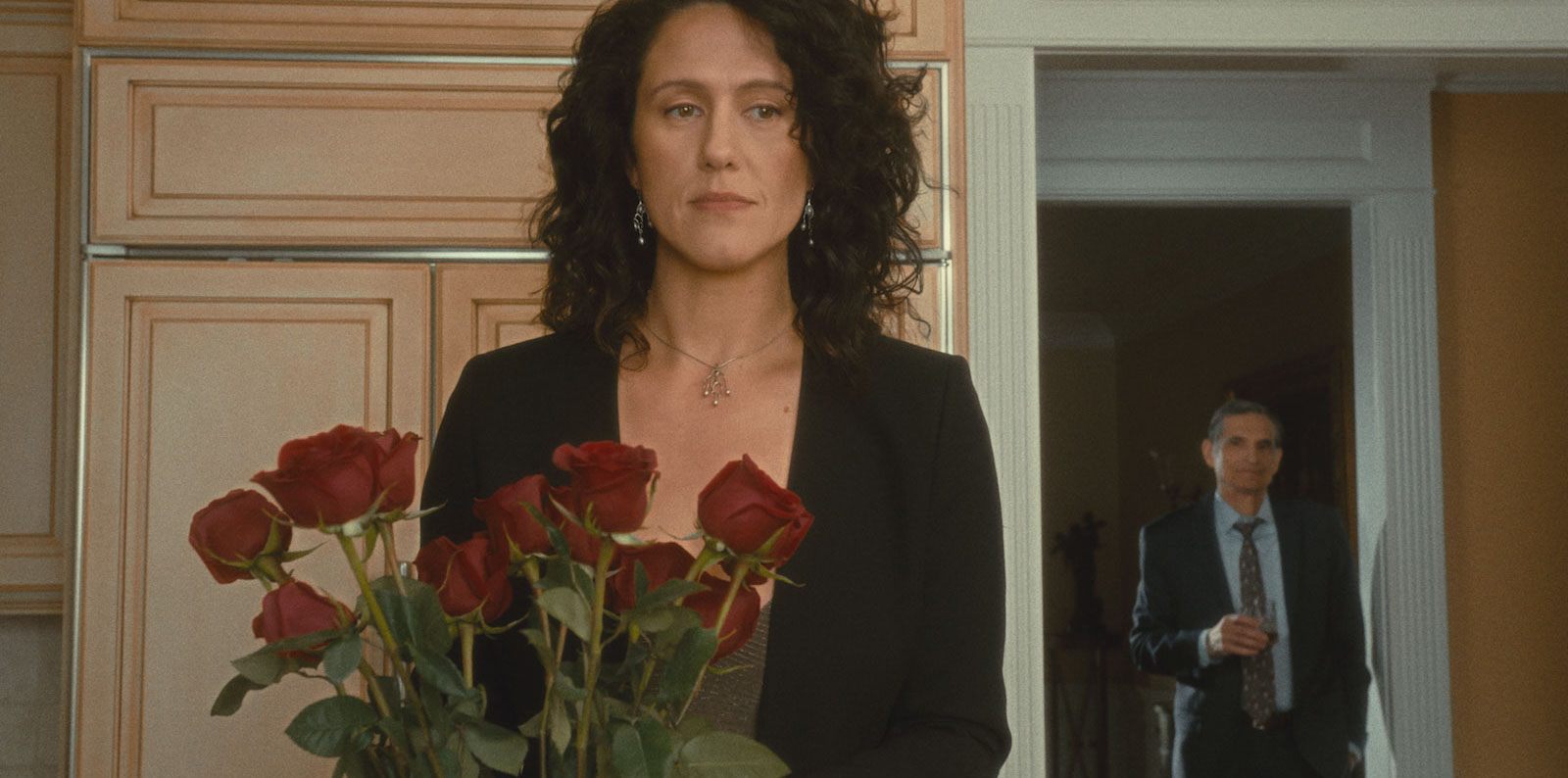Iranian court overturns death sentence against rapper Toomaj Salehi, says lawyer | Iran

Iran’s Supreme Court has overturned the death sentence imposed on rapper Toomaj Salehi, his lawyer said.
The decision came in the middle of the Iranian presidential election campaign, but appears to have no bearing on the heated public debates about the country’s future direction, which also include the right of women to forgo wearing a hijab if they so wish.
“Salehi’s death sentence has been overturned,” the rapper’s lawyer, Amir Raisian, said in a post on X, adding that the Supreme Court had ordered a retrial.
In April, an Iranian court sentenced Salehi to death for committing “corruption on earth,” Raisian said at the time. The rapper was also found guilty of “aiding sedition, assembly and conspiracy, propaganda against the state and inciting unrest,” the lawyer said.
Salehi, 33, was arrested in October 2022 after publicly supporting demonstrations that broke out a month earlier following the death of Mahsa Amini in police custody.
Numerous Western celebrities gathered by Index on Censorship, including the author Margaret Atwood, the band Coldplay and the singer Sting, had called for his release.
After his arrest, Salehi spent a year and 21 days in prison, including 252 days in solitary confinement. After his release on bail, he described being “severely tortured” during his detention. Two weeks later, in December 2023, he was arrested again and charged with “corruption on earth.”
The exact terms of his death sentence have been contested by some Iranian authorities, who said the Supreme Court added in its verdict that he deserved clemency because of his young age. He may still face a long prison sentence.
Salehi had previously said Iranians “live in a place that is horrible. They are dealing with a mafia that is prepared to kill an entire nation to keep its power, money and weapons.”
His uncle Iqbal Iqbali, who lives in Germany, said Iran was “in a phase where the explosion of the Iranian people’s anger against the limitless tyranny is imminent.”
Next week, presidential elections are taking place, and clashes are escalating between the only reformist candidate, Masoud Pezeshkian, and five conservatives of differing persuasions. The disputes include the cancellation of televised debates, a candidate’s daughter denying they had been on luxury shopping trips to Turkey, and the wrangling of Javad Zarif, the former foreign minister, who supports Pezeshkian.
There were also discussions about the causes of widespread poverty, the obligation to wear the hijab, internet filters and the role of Iran’s nuclear activities in the imposition of sanctions. However, there was little discussion about the way the justice system deals with dissidents.
Pezeshkian is trying to convince disillusioned Iranians that voting is worth it. Polls suggest he would do well enough to make it to a runoff, where he would likely lose to one of the hardliners.



